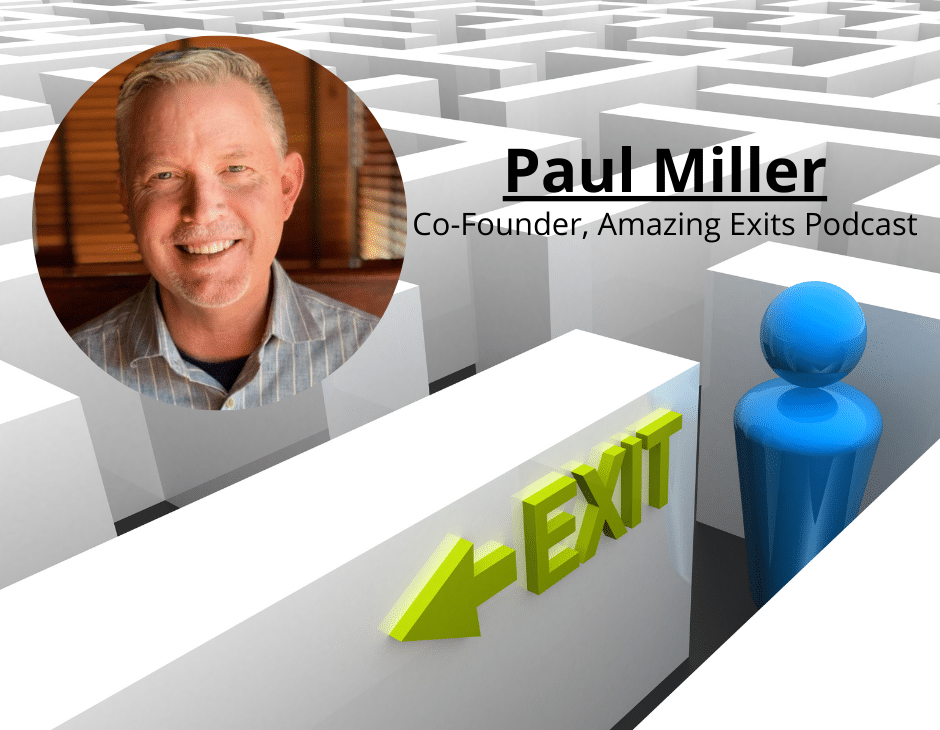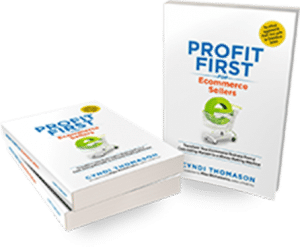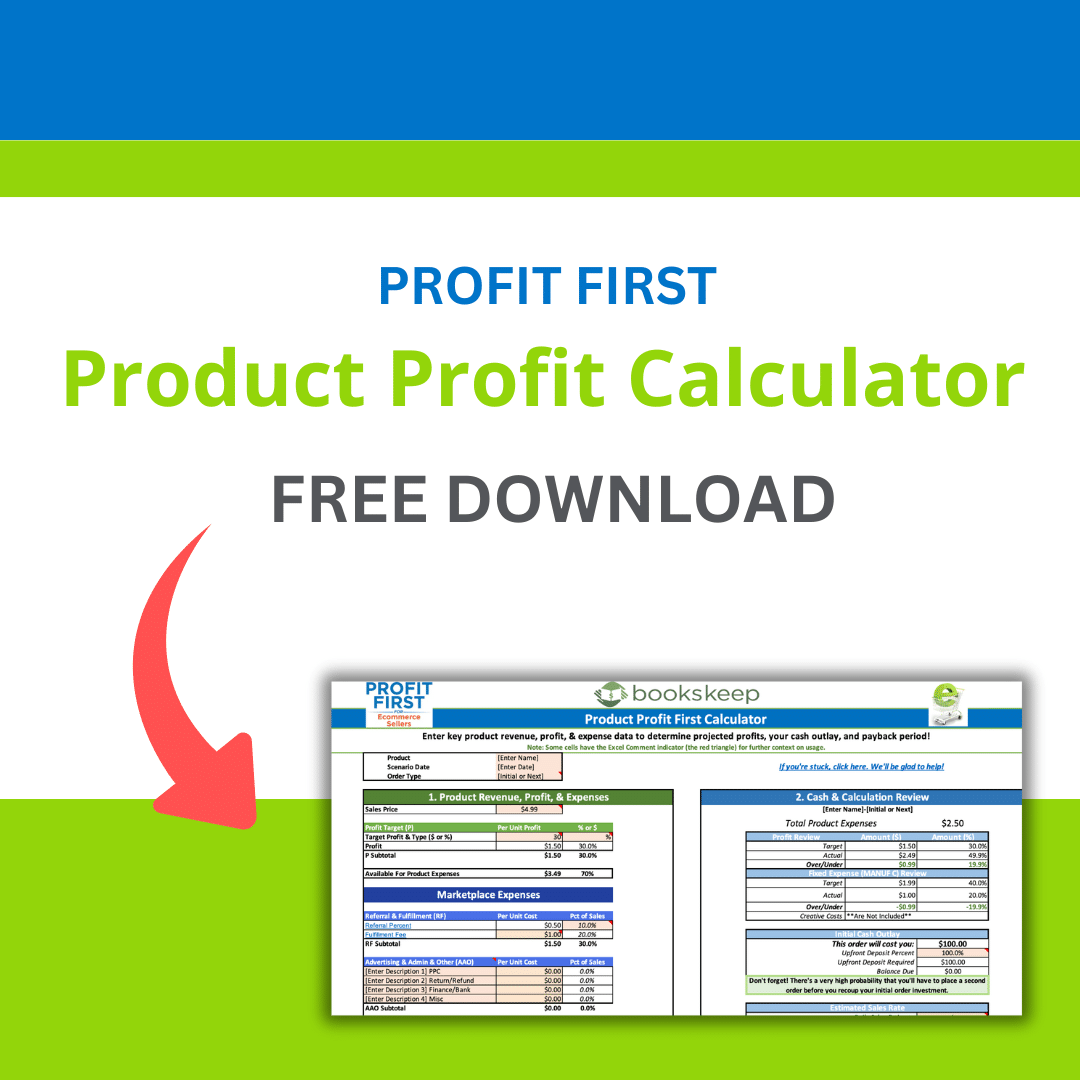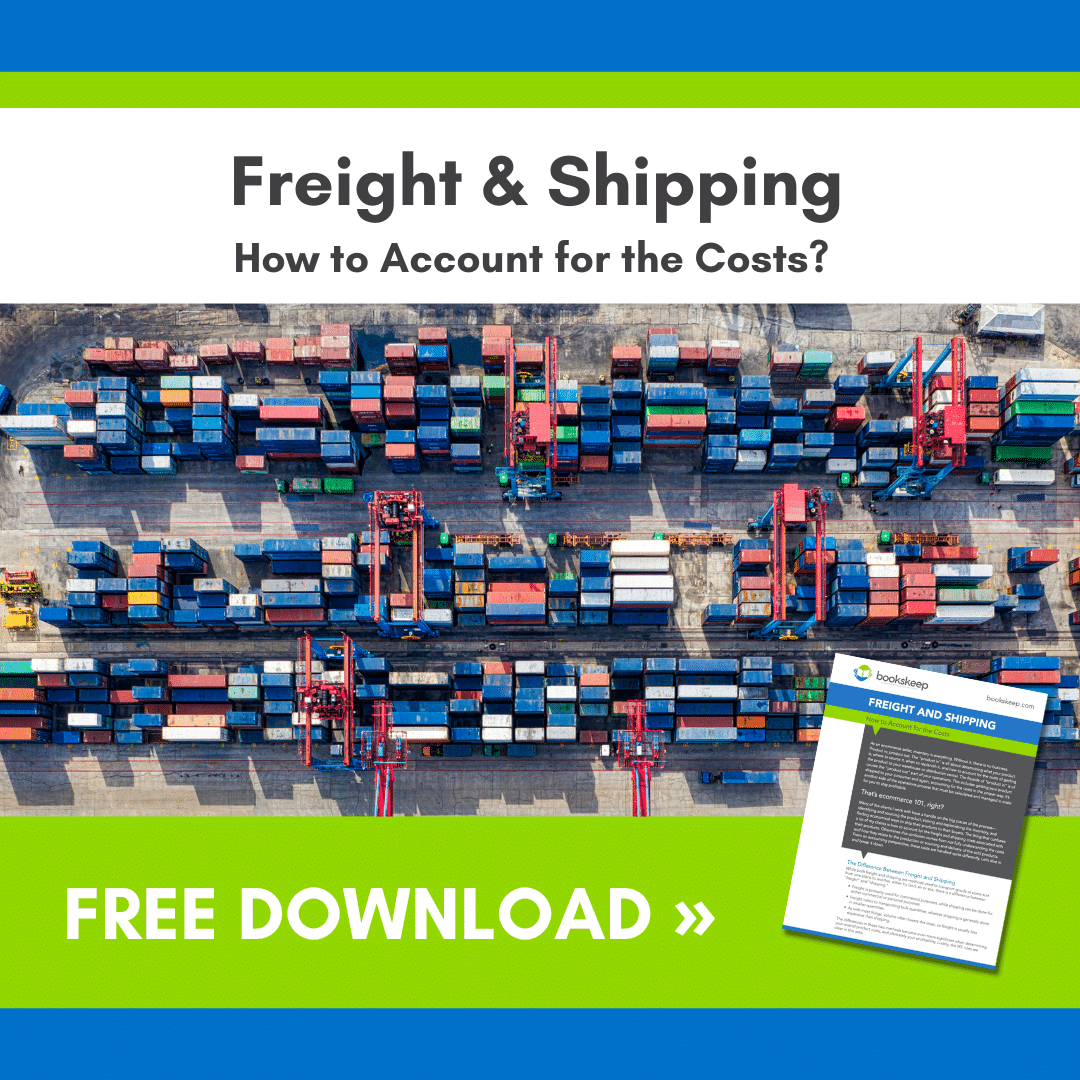
We are hearing from many of our customers that they are preparing to exit their business. The market right now for ecommerce businesses is on fire. Because we are receiving so many questions, we decided to do a series on business exits for the month of June. Here’s what you have to look forward to—
- One of our former clients that exited his business some time back is Paul Miller. He is the co-host of the Amazing Exits Podcast with Kellianne Fedio. We’ll check in with Paul about the lessons he’s learned from his guests on the show.
- We will summarize discussions we’ve had with other clients who have successfully exited their businesses and get their take on the process based on their own experiences. A wealth of good insight in this one!
We will also have guest blogs from three different providers that assist with the sales process.
- First, Global Wired Advisors who is currently assisting two of our clients. They will be writing about the market, common multiples and trends for the future, as well as the types of services they provide.
- Quietlight Brokerage has also assisted clients with sales. Chris Moore will provide their take on exiting an Amazon business from the broker’s perspective.
- Finally, we’ll wrap up the series with a blog by Bill Evans who has created a DIY platform called FBA Marketplace, which matches sellers and buyers.
If you are beginning to consider selling, take the time to learn all you can about the options and make a plan for how to maximize your selling price.
On to our first interview—Learning from Paul Miller
Paul: On the Amazing Exits podcast, we take the seller’s side of the equation. We’re talking about every aspect of selling your business such as managing cashflow, managing inventory and maximizing profit.
Cyndi: That sounds like how we help clients with Profit First!
Cyndi: What’s driving this market right now? Did the pandemic play a role?
Paul: I think it accelerated it, but the basics were already there. The Thras.io model, even without the pandemic, is a model that excites Wall Street. Rolling up these businesses at three to four times multiple, until you get to a hundred-million-dollar company where you have a 20X multiple, that’s the math that Wall street likes. And that’s why they’re attracting all of this funding now. Now on top of that, because of the pandemic, the spotlight is on ecommerce. Some say we leapt forward three to five years in the growth and adoption of ecommerce because grandma and grandpa were forced to use it instead of resisting. We’ve also had this new adoption by everyone that had to stay home. I would call it accelerated, but the value proposition was already there.
Cyndi: What types of services are available to consider if you’re going to sell?
Paul: There is a continuum of services, everything from do-it-yourself listing services to strategic sales placements. There is FBAprivatemarket.com which is a do-it-yourself type platform to brokerage firms like Empire Flippers that focuses on all digital businesses and has varied service levels; The FBA Broker and Quietlight Brokerage that focus on Amazon businesses; and private equity firms like Global Wired Advisors that can help make strategic private offerings and focus on larger businesses.
Cyndi: This reminds me of the options in the real estate market. From “For Sale by Owner” to traditional real estate firms to real estate brokers that focus on estate sales. There are lots of options and it’s important to know who is in the position to best represent you.
Cyndi: What can business owners do to ensure a good outcome?
Paul: First of all, always know the value of your business. If you were to get an offer today, is it a good offer? The excitement can be tempting, but this is an important decision. You want to ensure you can evaluate the offer from the perspective of what you know your business is worth.
Sellers should also do their own due diligence on the buyers. While there are aggregators that may be willing to buy your business right away, look at options to get the best valuation and consider the terms. Most deals are structured with an Earnout. This means you may get 60-80% of the sale price at the time of the sale with the potential to earn out 20-40% of either the topline sales or the profits over the next 24 to 36 months. The more money you have tied up in your earn out, the more important the due diligence becomes on the potential buyer.
Cyndi: So on the earnout, due diligence would look at the track record the buyer has for paying earnouts?
Paul: That’s right. And take your time to do that homework because you are putting the business in their hands.
Cyndi: When we work with clients, they tell us that having their numbers in order as they start this process is super helpful. In fact, we have created 12-month rolling Profit and Loss statements that help them understand the value of their business at different multiples after they “add back” the seller discretionary expenses or SDE. (Add backs or SDE are expenses that are legitimate expenses for the business but are based on the seller’s decisions of how they want to run their business. For example, the seller may pay for coaching or travel to trainings. These are legitimate business expenses, but a new buyer would not need these expenses to keep the business operating. The term “add back” comes from the process of showing your traditional P&L and then add back these SDE’s to improve the profitability of the business.)
Cyndi: So what drives the multiple that may be offered by a buyer?
Paul: I have seen multiples increasing. Most are in the three to four range, but I don’t think that four to six is out of the question. And I think it will just get more competitive going forward. The more unique you are as a brand, the more IP that you have as a brand, the more sustainability you have. For example, maybe you do a large portion of your revenue as reoccurring revenue, like subscribe or a save. Or maybe your customer data is extensive or you have a big pipeline of products in development. These are all factors that can increase your multiple.
Cyndi: Paul this has been great information. If someone is starting now to think about an exit, what should they do first and what path should they follow?
Paul: First, starting now they should listen to the Amazing Exits Podcast. They should start to also get a plan in place. Make sure their numbers are in order and start looking at the rolling 12 months P&L, and start planning for profitability so they can get the best multiple possible. It’s the time to be strategic.
Cyndi: Paul was so gracious to share his experience and knowledge. Check out his podcast and learn from him and Kellianne about preparing your business so you get what you deserve when it’s time exit.
Interested in Profit First?

You can also sign up for the Profit First for Ecommerce Sellers Online Course. As a Mastery Level, Certified Profit First Professional, I will teach you why Profit First works so well for ecommerce businesses and the particular challenges for businesses that have physical products requiring inventory management. You will learn how your behavior drives your money management habits for your business and how you can set up your business bank accounts to work with your habits.
Check out all our ecommerce accounting and profit advising services here!




Leave a Comment